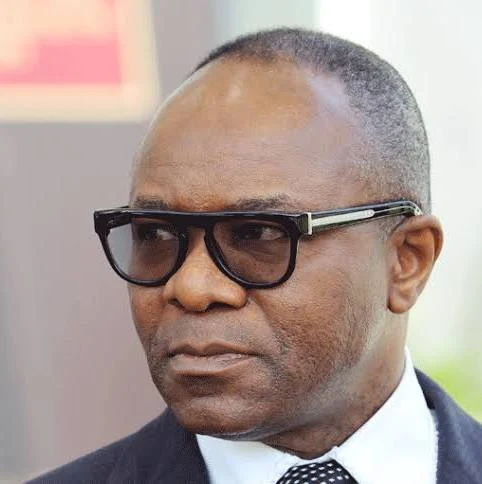Former Minister of State for Petroleum Resources, Dr. Ibe Kachikwu, has revealed that late President Muhammadu Buhari once cautioned him that he could lose his position if efforts to remove petrol subsidy were unsuccessful.
Kachikwu, who served from 2016 to 2019, shared the experience during a virtual mentorship lecture organised by the Nigerian Content Development and Monitoring Board (NCDMB).
He explained that his most difficult challenge after assuming office as Group Managing Director of the Nigerian National Petroleum Company (NNPC) in 2015 was the recurring fuel queues that disrupted businesses and everyday life across the country.
According to him, despite government efforts, a significant portion of subsidised petrol imported into Nigeria was smuggled across borders, which worsened scarcity. Attempts to collaborate with security agencies and other authorities to curb the diversion, he said, were largely unsuccessful.
Kachikwu recalled that he consistently advised Buhari on the need for a price review, stressing that the subsidy crisis would persist without an upward adjustment. Buhari, he noted, initially resisted due to his populist outlook but eventually approved the move, with a clear warning that failure would cost Kachikwu his job.
The former minister said he then introduced a “price modulation” policy, which linked petrol prices to global oil market trends. He added that the decision effectively removed subsidy and ended fuel queues nationwide within 48 hours.
“That singular price adjustment removed the subsidy. There was no more subsidy. And within 48 hours every queue in the country stopped. It never happened again until I left office,” Kachikwu said.
He further disclosed that he declined to pay billions of naira in subsidy arrears inherited from previous administrations, explaining that many of the claims were unverifiable.
On current developments, Kachikwu observed that President Bola Tinubu’s decision to remove subsidy was inevitable. However, he emphasised that the policy should have been accompanied by clear strategies for refinery rehabilitation, infrastructure improvements, public transport systems, and support for oil-producing communities.




